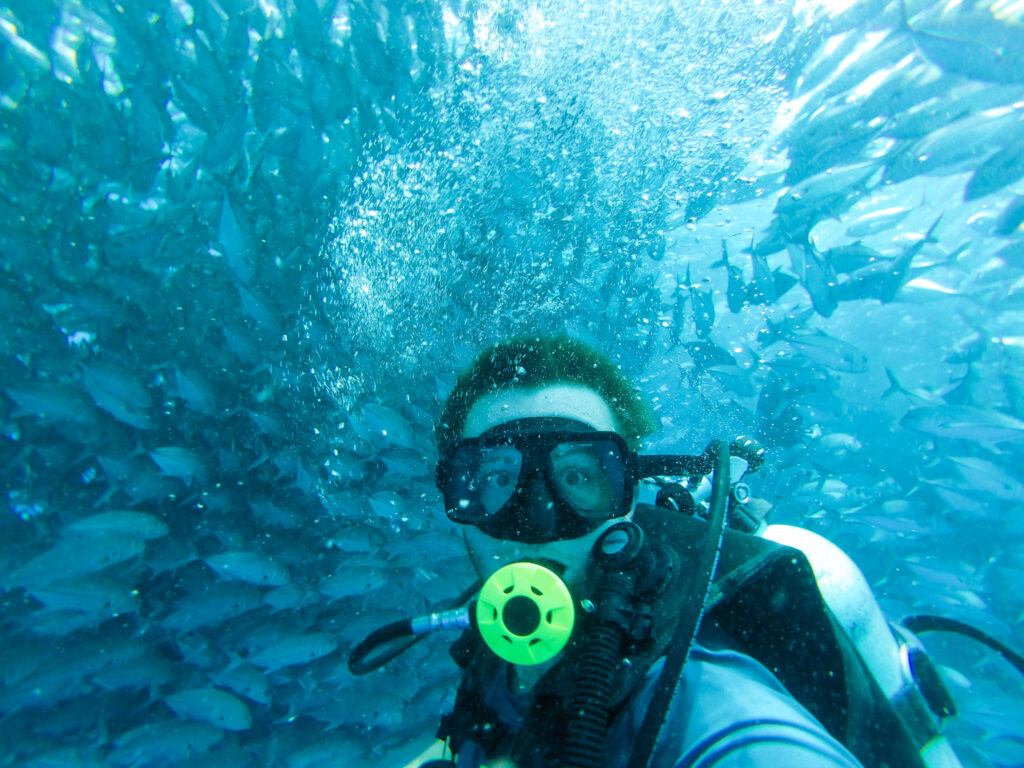What is Decompression Illness?

Decompression illness (DI) is a significant condition that affects scuba divers and can have serious health implications if not properly managed. It encompasses a range of ailments resulting from changes in pressure, particularly during ascent after a dive. Understanding decompression illness is crucial for divers, as it helps in preventing, recognizing, and treating this potentially life-threatening condition. This article will cover the physiology, types, causes, risk factors, prevention strategies, diagnosis, treatment, and implications of decompression illness.
What is Arterial Gas Embolism (AGE) from Scuba Diving?

What is Arterial Gas Embolism (AGE) from Scuba Diving? Arterial gas embolism (AGE) is a type of decompression illness that occurs in scuba diving, characterized by the formation of gas bubbles in the arterial blood supply. This serious condition can result from trapped air expanding in the lungs, causing ruptures and barotrauma. AGE can have […]
What is Alternobaric Vertigo in Scuba Diving?

What is Alternobaric Vertigo in Scuba Diving? Alternobaric vertigo, commonly experienced by scuba divers, is a form of dizziness induced by unequal pressure changes in the middle ear. Though typically mild and short-lived, it can occasionally persist and cause complications if not properly addressed. This entry will explore the causes, symptoms, prevention, and management strategies […]
What is Anoxia?

What is Anoxia? Anoxia, a medical condition characterized by an acute deficiency of oxygen in the body, is a critical concern for scuba divers. It can occur due to various reasons and poses severe risks to divers’ health and safety. In the context of scuba diving, it is essential to understand the causes, symptoms, and […]
